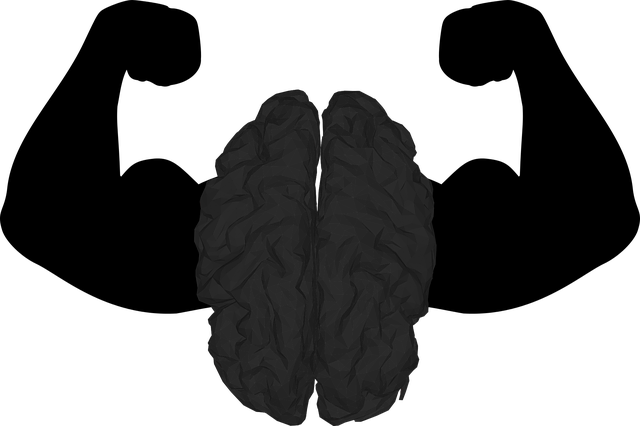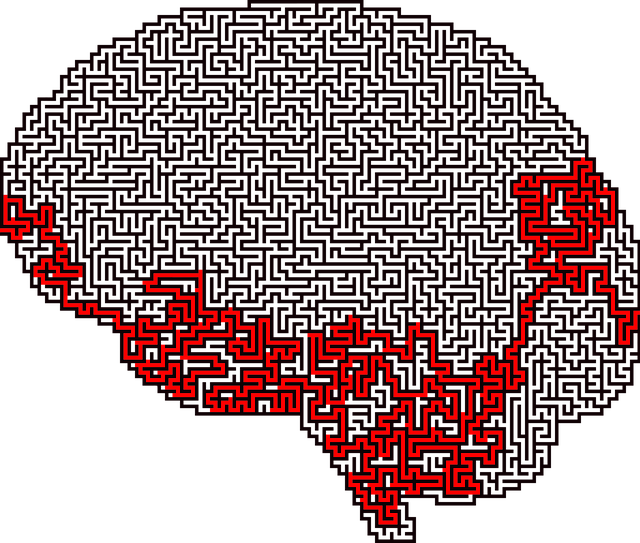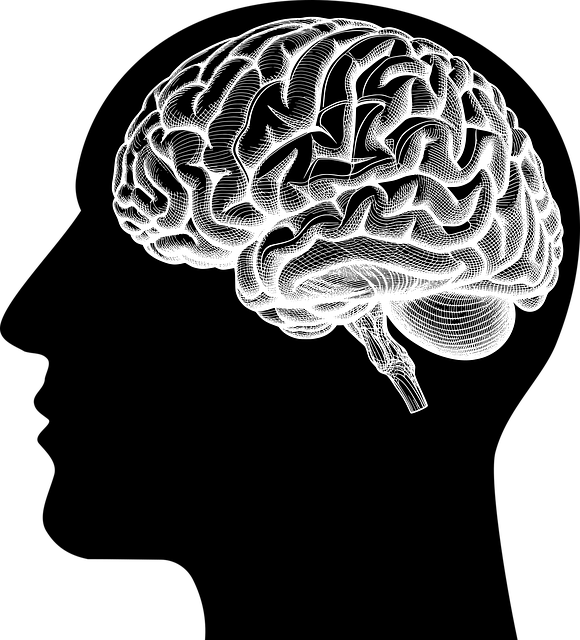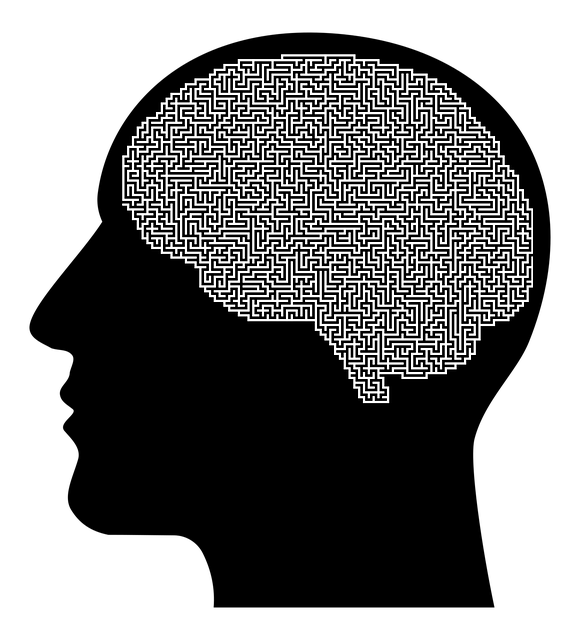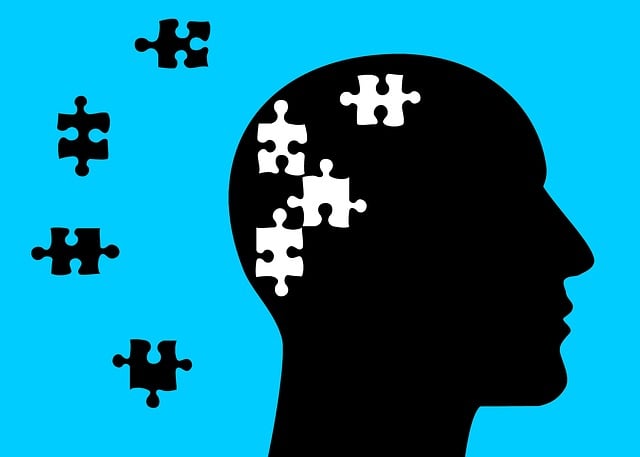Panic disorder and anxiety attacks are significant mental health issues among teenagers, impacting their daily lives. Effective treatment includes cognitive-behavioral therapy (CBT) to address negative thinking patterns and behaviors, as well as social skills training for better peer relationships. Self-care practices like mindfulness exercises, regular physical activity, and consistent sleep schedules are crucial for managing symptoms. Long-term support through tailored sessions, CBT, mindfulness, and emotional intelligence training helps maintain progress and prevent relapse. Regular check-ins with mental health professionals are vital for risk assessment and early intervention to foster resilience and reduce future anxiety episodes.
Coping skills development is a vital process for adolescent teens dealing with panic disorder and anxiety attacks. This comprehensive guide explores various aspects of supporting young individuals in managing their mental health effectively. We delve into understanding these disorders, the transformative power of therapy, and practical strategies to build resilience. Additionally, we discuss long-term support systems, emphasizing the importance of maintaining progress for a healthier future. By equipping teens with coping tools, we enable them to navigate challenges and foster overall well-being. Discover effective approaches, including therapy tailored to adolescent needs, for addressing panic disorder and anxiety attacks head-on.
- Understanding Panic Disorder and Anxiety Attacks in Teens
- The Role of Therapy in Coping Skills Development
- Effective Strategies for Building Resiliency in Adolescents
- Long-Term Support and Maintenance for Lasting Change
Understanding Panic Disorder and Anxiety Attacks in Teens

Panic disorder and anxiety attacks are prevalent among teenagers today, impacting their daily lives and overall well-being. It’s crucial to understand that these disorders aren’t just a phase but a serious mental health issue requiring attention. Therapy for adolescent teens with panic disorder often involves cognitive-behavioral therapy (CBT), which helps young individuals identify and change unhelpful thinking patterns and behaviors contributing to anxiety.
Social skills training is another effective strategy, empowering teens to build confidence and connect with peers. By incorporating self-care practices into their daily routines, such as mindfulness exercises, regular physical activity, and a consistent sleep schedule, adolescents can better manage their symptoms. Self-care routine development for better mental health is essential, teaching teens coping mechanisms to navigate triggers and reduce anxiety levels.
The Role of Therapy in Coping Skills Development

Therapy plays a pivotal role in helping adolescent teens struggling with panic disorder and anxiety attacks develop robust coping skills. Through structured sessions, therapists guide young individuals to understand their triggers, recognize early warning signs, and learn effective strategies to manage intense emotions. This therapeutic process fosters self-awareness exercises that empower teens to take control of their mental health.
By employing evidence-based techniques, therapy facilitates the promotion of emotional well-being. Techniques such as cognitive behavioral therapy (CBT) teach teens to challenge negative thought patterns and replace them with more realistic, positive ones. Mindfulness practices are also integrated into therapy to help individuals stay grounded in the present moment and reduce anxiety symptoms. These self-regulation techniques become valuable tools for lifelong coping skills development, enabling adolescents to navigate challenging situations with resilience and confidence.
Effective Strategies for Building Resiliency in Adolescents

Adolescence is a pivotal period where building resilience can significantly impact an individual’s future well-being. Effective strategies to foster resiliency in this demographic often involve a combination of therapeutic approaches tailored to their unique needs. Cognitive-behavioral therapy (CBT) has proven effective in treating anxiety disorders, including panic attacks, which are common among adolescent teens. This form of therapy helps them identify and challenge negative thought patterns, teaching valuable coping skills to manage stress and anxiety.
Additionally, encouraging healthy lifestyle habits such as regular physical activity, adequate sleep, and a balanced diet can serve as powerful tools for stress reduction. Building confidence through achievable goals and fostering social connections further enhances their ability to cope with challenges. For healthcare providers supporting adolescents, burnout prevention strategies are essential, as these young individuals often require consistent and compassionate care.
Long-Term Support and Maintenance for Lasting Change

For lasting change to overcome panic disorder and anxiety attacks, therapy for adolescent teens must extend beyond initial treatment. Long-term support is crucial in maintaining progress and preventing relapse. This often involves ongoing therapy sessions tailored to address emerging challenges and reinforce coping skills acquired during intensive treatment. Incorporating strategies like cognitive behavioural therapy (CBT), mindfulness practices, and emotional intelligence training can further equip teens with the tools to manage anxiety effectively over time.
Regular check-ins with mental health professionals are essential for risk assessment and burnout prevention. Regular monitoring allows for early identification of any signs of deteriorating mental health or returning symptoms, enabling prompt intervention. By integrating these proactive measures into the therapeutic journey, adolescents can develop robust coping mechanisms that promote emotional resilience and a diminished risk of future anxiety episodes.
Coping skills development is a multifaceted process crucial for adolescent well-being, particularly in managing panic disorder and anxiety attacks. Through therapy tailored to their needs, teens can learn effective strategies to navigate mental health challenges. By fostering resiliency, they gain the strength to face future stressors. Sustained support ensures that adolescents maintain these coping skills over time, empowering them to lead healthier, happier lives. For parents and caregivers, understanding the value of therapy for adolescent teens with panic disorder and anxiety attacks is a vital step in providing the necessary long-term support.
